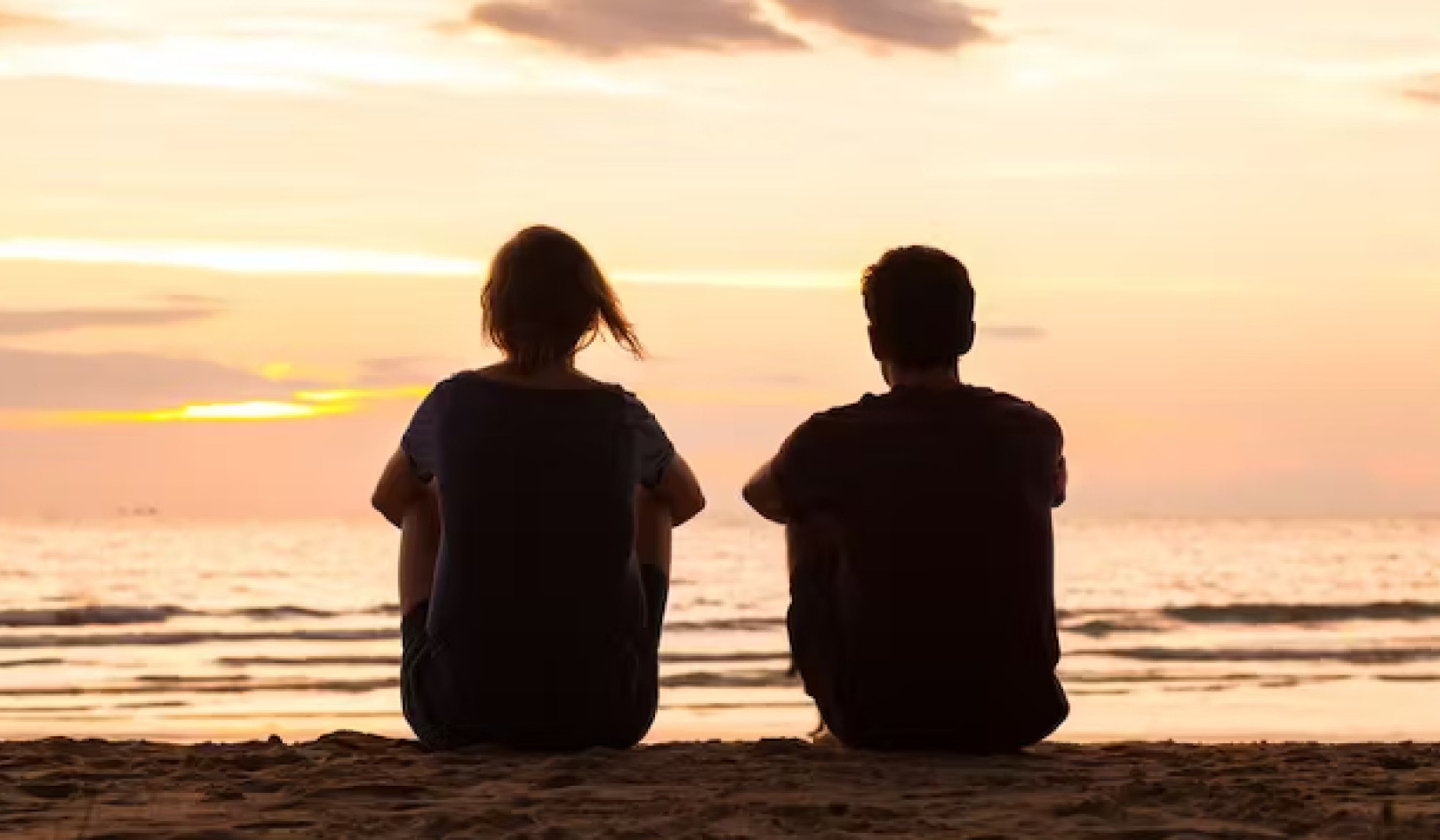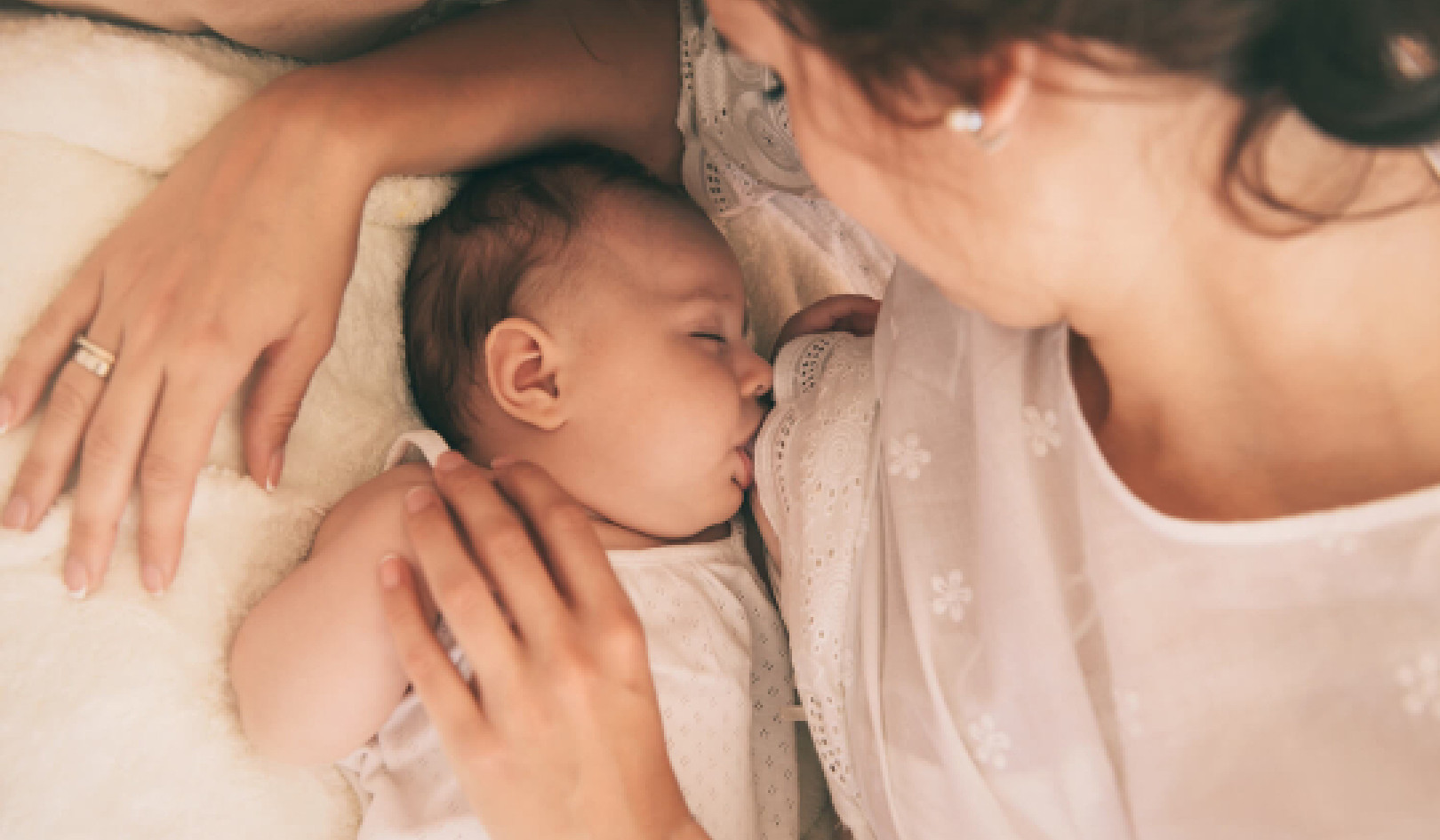
Many of us find it hard to forgive. We hold on to old grievances against parents, siblings, classmates, old boyfriends/girlfriends, employers, etc. We try to justify why we're correct in not forgiving so-and-so.
Yet, what if we had to forgive the killer of our wife, daughter, son, or husband? How hard would forgiveness be in that situation? And what if that killer was a teenager who had been sentenced to life imprisonment with no chance of parole?
Rehabilitation: Learning from Past Mistakes
While for most of us these are rhetorical questions, there are individuals who have had to struggle with this very difficult issue. They have had to search their heart and ask themselves if they are willing to believe that someone could be rehabilitated, that someone could learn from their mistakes and should be released from jail to start their life over.
It took Mary Johnson more than ten years to be able to answer those questions affirmatively. Her 20-year-old son Laramiun had been shot and killed at a party by a 16-year-old boy named Oshea Israel.
"I wanted him charged as an adult with first-degree murder, imprisoned for the rest of his life. I mean I hated Oshea."
Repentance: Seeing with the Eyes of Higher Understanding
 Asked if he killed Laramiun, Israel says quietly: "Yes, I did. Yes, I did. I was 16. He was 20. Neither one of us wanted to back down. And me being foolish enough to think that I held the most power just because I had a gun. He and I could have been best friends had we just taken the time to communicate."
Asked if he killed Laramiun, Israel says quietly: "Yes, I did. Yes, I did. I was 16. He was 20. Neither one of us wanted to back down. And me being foolish enough to think that I held the most power just because I had a gun. He and I could have been best friends had we just taken the time to communicate."
Yet ten years later, Mary Johnson forgave her son's killer. More than that, after his sentence was commuted to 25 years and he was released, he rented the apartment next door to hers. She keeps an eye out for him and considers him as a son.
Forgiveness: Getting a Second Chance
Isn't everyone able to grow, to learn, to forgive, to repent? Unfortunately assigning the death sentence, or a life sentence without parole, allows no room for rehabilitation, no room for forgiveness, no room for second chances.
Think of something you did "wrong" when you were younger. I can think of numerous things I did that were against the law -- nothing that would have earned me the death sentence, but things that definitely could have landed me in jail. (In the interest of calming wilder imaginations out there, I'm talking about "minor" infractions of the law such as the time as a teenager that I shoplifted a silk jacket on the dare of a friend, or the times I purchased and smoked an illegal herbal substance, or... since this is not "True Confessions" magazine or TV series, I'll stop there!)
My point being that some things we did in the past are probably things we would not do again. We all made mistakes and if we had been sentenced to life imprisonment without chance of parole, we'd have had no chance of making amends, or "earning" others' forgiveness, or rising above our past behavior. And unfortunately, many times the punishment seems to come more from a sense of vengeance or vindictiveness than a need for justice and balance. And then there are, unfortunately, cases where innocent persons are condemned as guilty...
We all need to learn to forgive... to forgive ourselves, to forgive others, and even to forgive humanity as a whole. None of us has led a "blame-free" existence, though all of us are on a path of becoming better persons, whether we are conscious of it or not.
Redemption: Setting Yourself, As Well As Others, Free
"He's suffered enough for what he's done," Mary Johnson says about her son's killer. "Young people deserve to have a second chance. We all deserve to have a second chance, I believe."
Mary's courage and fortitude is a wonderful example to us all. She not only was able to forgive her son's killer, she was able to open her heart to him and be there for him as a loving role model. Many others, as shared in the NPR story below, have lived through similar situations with similar results.
Unlikely Advocates For Teen Killers: Victims' Families
by Laura Sullivan and Lauren Silverman. (NPR)
The Supreme Court heard arguments this week about the fate of 2,500 offenders who were sentenced as teenagers to life in prison without the possibility of parole. Seventy-nine of them were 13 or 14 when they committed their crimes.
Many prosecutors and family members of victims spoke out about the need to keep the sentences in place.
But in a small building cafeteria, just a few blocks from the Supreme Court, a different group of family members quietly came together. These were the families of teenagers who committed horrible crimes — and sitting next to them were the families of victims.
One man's mother had been killed by four teenage girls. Another man's son was killed by a teenage boy. Yet all of them want the court to find life without parole for juveniles unconstitutional.
It's not a group you often hear about. Many in the room said they frequently are unwilling to share their feelings about the issue because they have been accused of not missing their loved ones enough. On this day, there was enough sorrow in the room to fill an afternoon — but also enough forgiveness.
About The Author
 Marie T. Russell is the founder of InnerSelf Magazine (founded 1985). She also produced and hosted a weekly South Florida radio broadcast, Inner Power, from 1992-1995 which focused on themes such as self-esteem, personal growth, and well-being. Her articles focus on transformation and reconnecting with our own inner source of joy and creativity.
Marie T. Russell is the founder of InnerSelf Magazine (founded 1985). She also produced and hosted a weekly South Florida radio broadcast, Inner Power, from 1992-1995 which focused on themes such as self-esteem, personal growth, and well-being. Her articles focus on transformation and reconnecting with our own inner source of joy and creativity.
Creative Commons 3.0: This article is licensed under a Creative Commons Attribution-Share Alike 4.0 License. Attribute the author: Marie T. Russell, InnerSelf.com. Link back to the article: This article originally appeared on InnerSelf.com
social_books






























